New research published this week by Irish startup company Dúlabio has found that supplementary feeding of seaweed to Irish beef cattle reduced methane emissions by an average of 79%. On Monday, Dúlabio published the results from an 11-week trial carried out from February to April this year on an organic beef farm in Co Sligo.
As part of the trial, 21 beef cattle were fed a seaweed supplement at a rate of 180g per cow per day (0.5% of their diet) along with their regular silage diet and the methane emissions from the cattle were monitored thereafter.
The trial found a sharp reduction (-79% on average) in methane emissions from the cattle as a result of the seaweed supplement compared to the baseline methane emissions of the cattle at the start of the trial.
This is the first study to assess the potential of seaweed supplementation in reducing enteric methane emissions from grass-fed beef cattle in Ireland
The seaweed supplement is made from a mix of several seaweed species present in Ireland, including A. armata, a red macroalgae known to inhibit methanogenic bacteria native to the rumen of cattle.
This is the first study to assess the potential of seaweed supplementation in reducing enteric methane emissions from grass-fed beef cattle in Ireland. The trial sampled methane emissions from a mixed suckler herd of Hereford, Angus and Shorthorn cattle and used a common methane sampling approach called flame ionisation detection to measure the cattle’s methane emissions.
Promising
Speaking to the Irish Farmers Journal this week, Dr Danielle Gallagher, the founder of Dúlabio, said these early results are “very promising” but there was still a long way to go before seaweed could be rolled out as a widespread solution for reducing methane emissions in cattle.
Right now, the availability and cost of seaweed are the major barriers. In terms of costs, feeding 180g of ground seaweed costs about €4/cow/day, which equates to a cost of €1,400/cow every year.
Gallagher said seaweed supplementation has always been an expensive artisan product to feed to cattle. However, she believes the rate of seaweed supplementation needed to reduce methane emissions could be much lower than 180g.
The seaweed used in the trial was sourced from hand-harvested stocks off Irish seaweed farmers, primarily from the west coast of Ireland
The Donegal native said she aims to reduce the cost to €1.50/cow/day, which would still be a prohibitive cost for farmers, working out at almost €550/cow every year.
The other major challenge is availability. The seaweed used in the trial was sourced from hand-harvested stocks off Irish seaweed farmers, primarily from the west coast of Ireland. If all cattle in Ireland were to be fed seaweed as a supplement to reduce methane emissions, about 250,000t would be needed every year.
This would require the development of a seaweed cultivating industry if this methane solution is to reach the required scale. All the required seaweed species are present in Ireland and can be farmed here with the appropriate licence.
While such a scaled industry is some way off yet, the early results from Dúlabio’s research trial are hugely encouraging and should be supported with increased research funding.




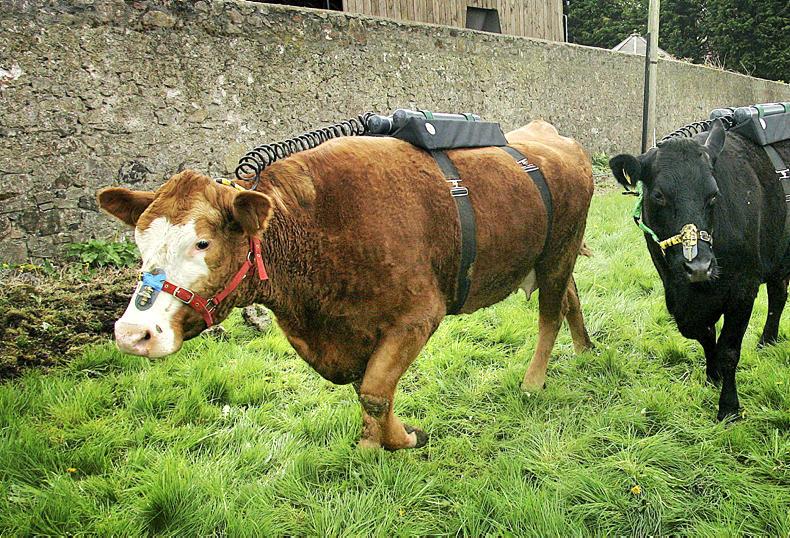
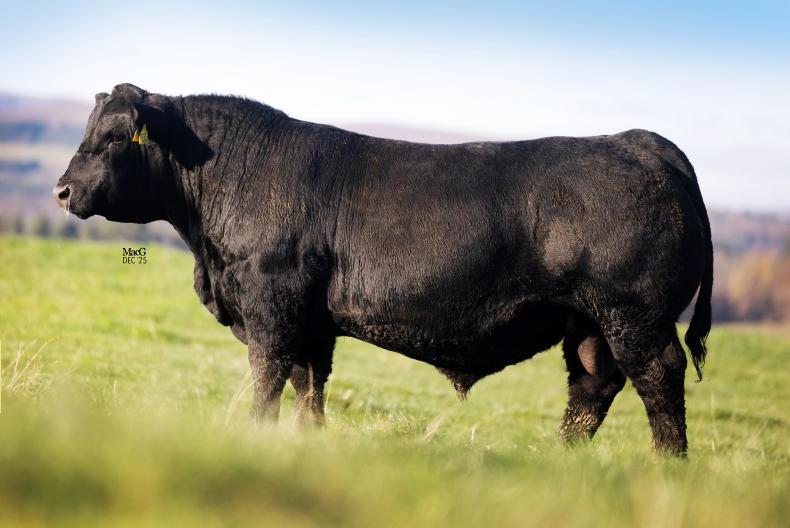
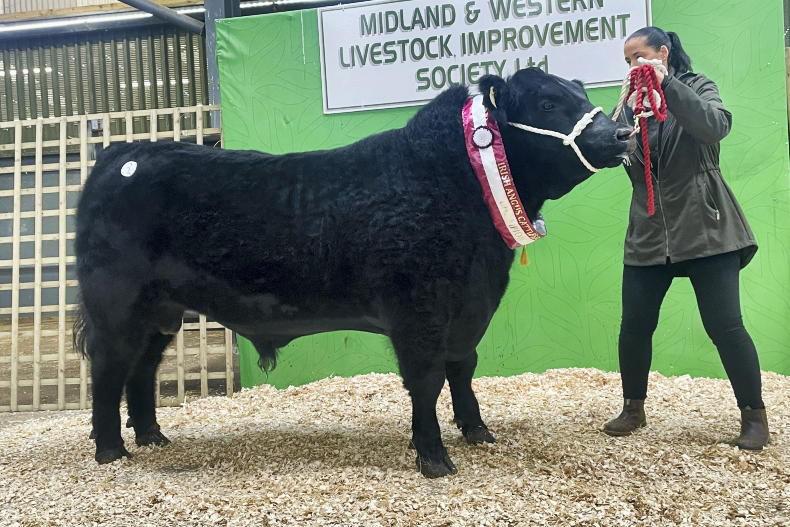
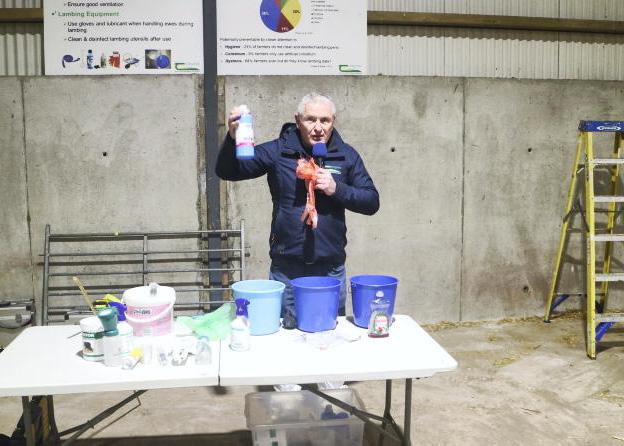
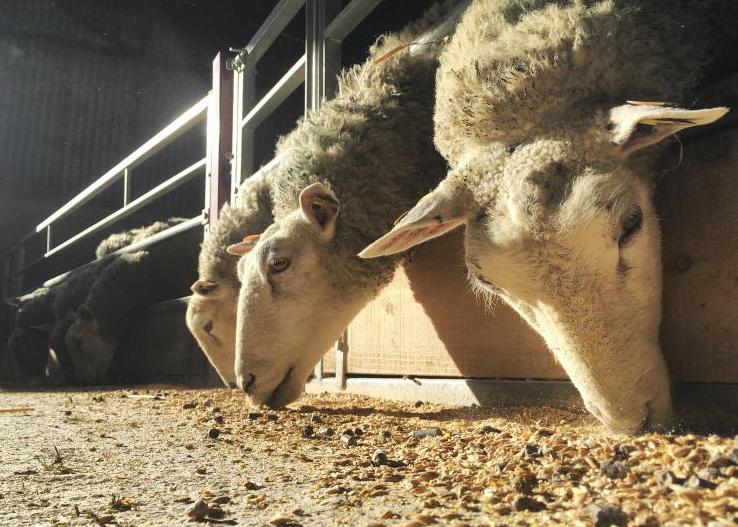
SHARING OPTIONS